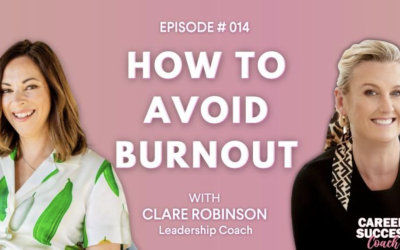A consistent theme coming up with my Luminous Leaders and in the coaching room is ‘how to build the confidence to have more courageous conversations.’ Whether that’s with your boss, key stakeholders, or your loved ones, I think we can all relate to the need to be that little bit braver in how we speak up for ourselves and find our seat at the boardroom table.
But with the countdown to the end of the year on, people are tired, relationships are fractured, and stepping into these conversations seems stressful but there’s never been a better time to voice how you are feeling and set things up in the right way with your leader or team to start 2022 strong.
But why can it be difficult to step into a more courageous conversation?
Here are the top 3 challenges I hear from clients in the coaching and training room
They don’t speak up because they want to avoid feeling stupid if in case they get things wrong or damage relationships
They retreat or back away from conflict because we’ve been taught to keep the peace and be nice.
We fear these conversations for fear of being judged as ‘too emotional.’
But what’s the challenge if we don’t have these conversations?
We stay small, we may miss opportunities, we miss the changes to build more robust relationships, we don’t grow, we don’t set our boundaries…the list goes on. Becoming a more masterful communicator is one of the most crucial skills we can develop to start becoming a more luminous leader that people naturally want to follow.
Top 3 techniques that I use when planning to get into a powerful courageous conversation
Adopt a self-leadership mindset – this requires you to focus on yourself first and what you can control. Take responsibility for the key messages that you need to put out and if the conversation is getting off track, create safety for yourself by tuning into your breathing, requesting a moment or calling out how you are feeling
Separate the facts from the meaning – what are the facts that you could both agree on? What is the meaning that you’re making? Often when we make our meaning into a fact things can turn emotional and get off track
Get crystal clear on the outcome that you want. Three questions, what is my desired outcome? What is their desired outcome? And what is the possible shared desired outcome that I want from this? This really helps us put ourselves in their shoes and anticipate some of the conversation.
I hope that’s been really helpful if you’ve got a courageous conversation coming up, just email me with the word ‘courageous’ and I’ll send you my one-page planning guide to step into a powerful courageous conversation.




